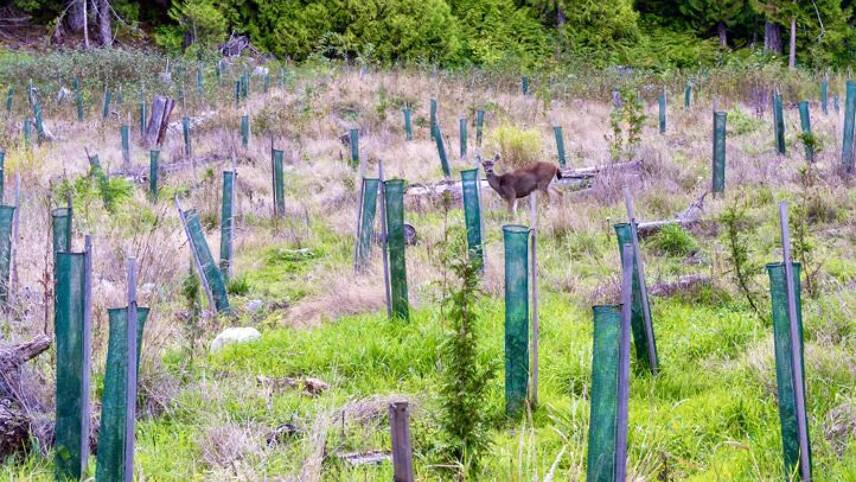Register for free and continue reading
Join our growing army of changemakers and get unlimited access to our premium content

The EAP will give the companies hands-on support to help understand how the Claims Code works and provides tools and materials to aid communications about climate action claims and credit usage
Launched late on Wednesday (2 September), the Taskforce on Scaling Voluntary Carbon Markets will work to take stock of existing voluntary offsetting schemes and identify key challenges to scaling them up while ensuring credibility and avoiding issues like double-counting.
Carney said at the launch event that the current market for offsets will need to grow by at least 15-fold by 2030 if the private sector is to align with the Paris Agreement’s 1.5C trajectory. By 2050, he warned, it may need to be up to 160 times bigger than in 2020, should corporates rely on offsetting rather than emissions reductions.
The aim of the Taskforce is to deliver this scaling up. Aside from helping businesses to meet their own commitments and to align with legally binding climate targets in the markets where they operate, it is hoped that the Taskforce will play a role in boosting carbon prices. As of October 2019, the average global carbon price was just $2 per tonne.
More than 40 leading figures from the private sector are sitting on the Taskforce under Carney, who served as Bank of Canada Governor from 2008 to 2013, then as Bank of England Governor until January, when he stepped up as UN Special Envoy for Climate Action and finance advisor for COP26.
Among the membership are representatives from Unilever, Nestle, Siemens, Shell, BP, RWE, Tata Steel, Wtihad, Maersk, BlackRock, the Bank of America, Standard Chartered and BNP Paribas. Carbon offsetting specialists such as ClimateCare, Natural Capital Partners and Verra are also represented. Advisory support will be provided by McKinsey & Company and sponsorship will be provided by the Institute of International Finance (IIF).
Carney said in a statement that the members of the Taskforce boast “expertise in building market infrastructure”. He has selected Standard Chartered’s chief executive Bill Winters to chair the Taskforce and former US Securities and Exchange commissioner Annette Nazareth as its operational lead.
Crowded markets
The launch of the Taskforce comes as the UN’s International Civil Aviation Organisation (ICAO) Council is planning to tighten rules on carbon offsetting for airlines under the Carbon Offsetting and Reduction Scheme for International Aviation (CORSIA).
Under the alterations, older and smaller carbon offsetting schemes will be excluded from the list of permitted sources from January 1 2021. While the 2019-20 financial year was initially set to be used as the offsetting baseline, the 2019 calendar year will now be used, in recognition of the impacts of Covid-19 on the aviation sector.
There are fears, however, that hard-to-abate sectors such as aviation could become over-reliant on offsetting and fail to adopt recommendations around decarbonising operations or capping growth and changing business models. Recent analysis from think tank Green Alliance concluded that the aviation sector could spend up to £18bn annually on offsetting by 2030 – an amount so great that agriculture would not be able to align with net-zero.
Edie explains: Carbon offsetting
In an edie poll conducted online during January 2020, readers named carbon offsetting as one of the defining sustainability topics of the year.
To that end, we’ve produced a free-to-download edie Explains guide to help ustainability professionals understand and navigate the growing market of carbon offsets. Produced in association with the Woodland Trust, the guide features best-practice advice and highlights successful case studies. Download it here.
Sarah George


Looking at the global record of temperature against CO2 concentration, there is no clear record a correlation.
Certainly the mining of coal and its use in electricity generation is a not the healthiest occupation.
Nuclear generation is clearly the answer, fission now, but hopefully, fusion in the future.
Carbon free cars are very limiting, better may be to come, but the solution is at the moment, obscure.
So now fossil fuel takes an awful lot of bettering.
In my opinion, of course!!!!
Richard Phillips
(